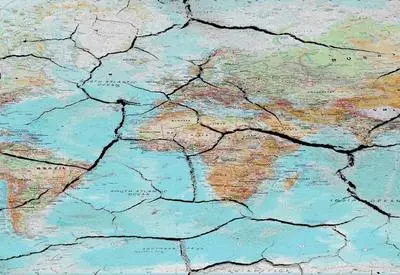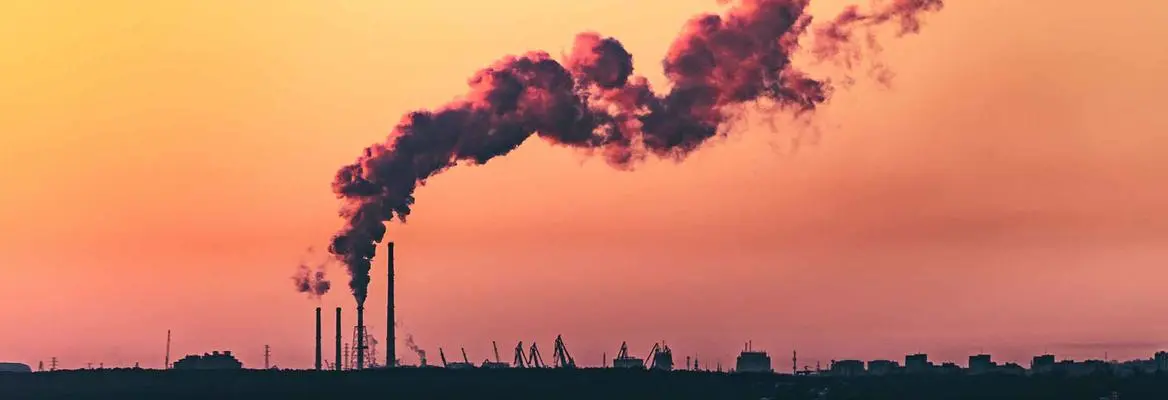Climate change is one of the most significant challenges facing our world today, and it has far-reaching consequences for both the environment and the economy. While most of the world population is adversely affected by climate change, some industries in some countries end up benefiting from the warming climate—a complexity often ignored in climate justice. In this article, Kian Mintz-Woo and Justin Leroux tackle the complex issue of what climate winners owe to climate losers.
Traditionally, discussions of climate change have focused on the negative impacts, such as rising sea levels, extreme weather events, and ecosystem disruptions. This is natural because negative impacts are predominant—and many of them are truly devastating. However, there are also some positive effects, such as longer growing seasons, expanded shipping routes, and increased property values in certain areas. For example, a warming climate can make agriculture viable in northern latitudes of Canada and Russia, but also in mountainous areas in the tropics [1].
 SUGGESTED READING
What economists get wrong about climate change
By Steve Keen
SUGGESTED READING
What economists get wrong about climate change
By Steve Keen
Indeed, climate changes have led some to proclaim southern England as the new Champagne for its sparkling wine. Similarly, tourism opportunities could emerge in areas that are not currently suitable. Lastly, access to previously inaccessible commercial trade routes, like the Northwest Passage between Greenland and Canada’s Arctic islands, could potentially benefit all through lower shipping costs [2]. We should be able to hold in our minds both facts: that climate change is overall harmful and that it is, for some regions and industries, a benefit. We should, in short, develop theories that include both climate winners and losers.
How should climate justice address this variety of climate winners and losers? Can a comprehensive theory reflect this complexity? In recent academic articles, we propose a new principle to distribute these impacts, one that recognizes the positive effects of climate change but also takes into account the negative impacts on vulnerable populations. The principle we propose is called the "Polluter Pays Then Receives" (PPTR) principle (pronounced “Peter”), a principle which differs from the standard principles in the climate ethics discussion and provides a fuller accounting of climate impacts.
This theory is grounded upon the idea that some actions harm third parties who are not responsible for producing the harm. An idea in economics is called an externality. For example, when you fill up a car with petrol, you agree to pay the price at the pump. You have made a transaction based on your willingness to pay for fuel and the fuel provider’s cost to refine and bring that fuel to market. Your demand to buy, their ability to supply.
___
These positive impacts can be just as important as negative ones when it comes to the holy grail of efficient markets
___
The issue is that burning that fuel contributes to climate change and harms people, but that harm isn’t included in the price. Petrol is therefore over-purchased as these harms, or negative externalities, are not included. We, therefore, tax petrol to reduce how much is bought and hopefully use that tax revenue to mitigate some of those third-party harms, thus making the market efficient. The interesting quirk arises when third parties benefit from a transaction. These positive impacts can be just as important as negative ones when it comes to the holy grail of efficient markets.





















Join the conversation